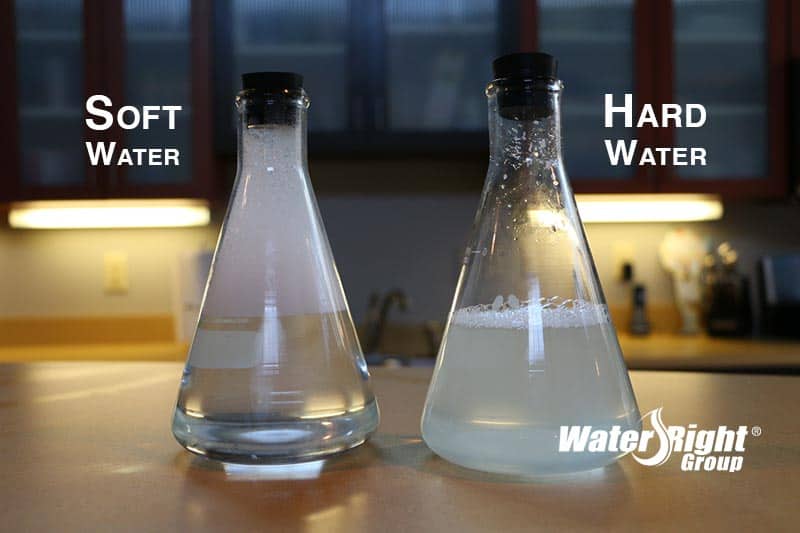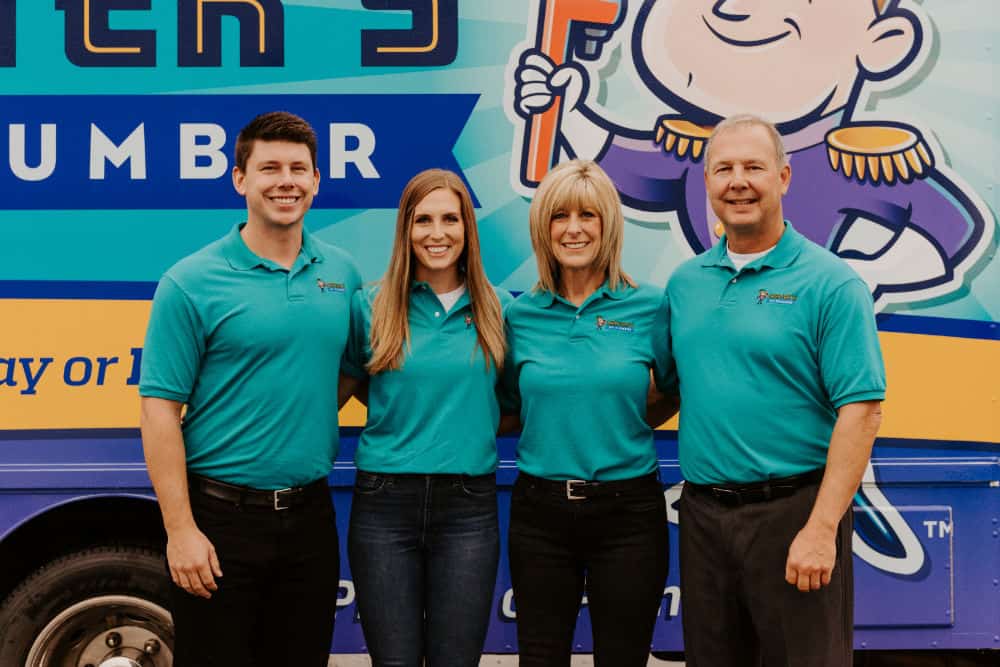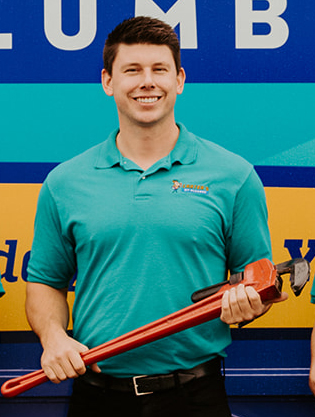Table of Contents
However, homeowners whose water supply comes from a well rather than municipal pipes are having a hard time deciding if a tankless water heater will do the right job. Why? Because they believe that tankless heaters don’t work with well water.
Knowing Your Water
Before we get into the details as to whether tankless water heaters work with well water or not, let’s break down a few crucial factors about water.
The type of water you get, whether it’s from a municipal supply or a well, determines tankless water heater performance.
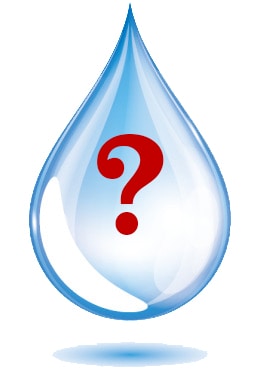
How To Know What Water You Are On
Hard water can be a major issue for plumbing and drainage pipes, and the same rule applies to water heaters. Finding out if you have hard water at home involves testing which you can either DIY or call in a professional to do, so you get accurate values.
DIY Water Hardness Test
A quick way to test water hardness at home is to check your water’s reactivity with soap. A defining feature of hard water is that it renders soap ineffective by keeping it from making enough suds to wash out the grease.
Use a clear bottle or container with a lid or cap, and fill it with a measured 12 ounces of water. Measuring it helps keep the test results objective and standard. You’ll need some soap for this test, so choose simple ingredient types like liquid castile soap, which doesn’t have many chemicals that will react with water.
Open the container and check the surface for bubbles and suds. If you can see lots of bubbles, it means that the water is soft. If you can see very few bubbles, it means that the water is hard, and if it takes a lot of drops of soaps to finally produce more bubbles, it shows that the water is very hard.
Professional Water Hardness Test
You can also call us in to perform an accurate water hardness test that determines the specific hardness level. Based on the results, you can determine whether your water system needs a softener because hard water can leave behind a scale that damages pipes and will impact heater efficacy, which means having to replace it.
Well Water vs. City Water
Well, water is actually very different when compared to city water. There are plenty of benefits of drinking well water, because it contains healthy minerals, while city water is treated with certain chemicals for being taken from heavily polluted lakes and streams.
However, well water is also generally hard, which can have a negative effect on everything that comes into contact with it, like laundry, pipes, your skin and hair, and even glass. Another problem is that wells have lower water pressure.
Tankless Water Heater Performance
Let’s evaluate tankless water heaters’ performance and compatibility with well water.
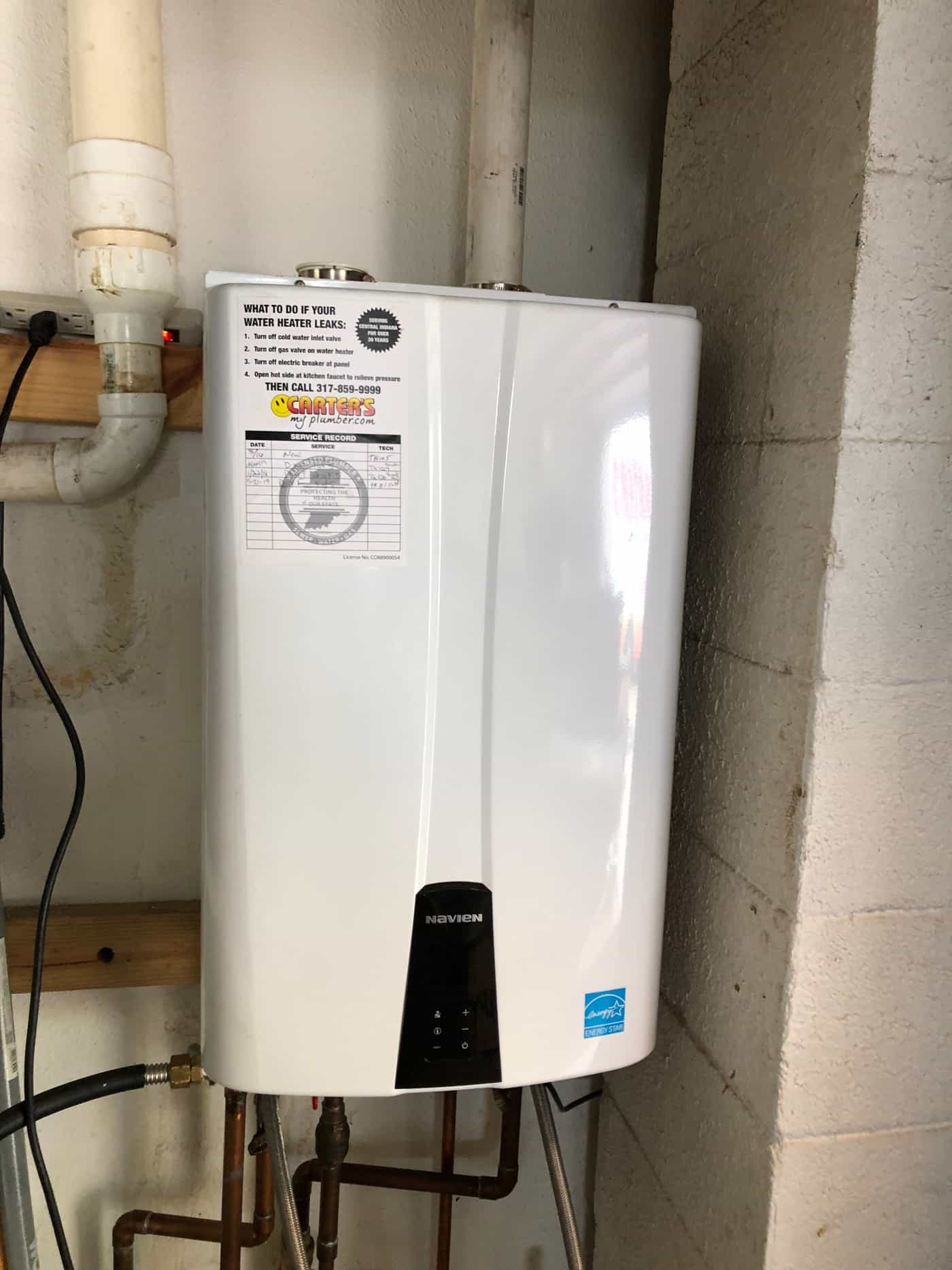
With Well Water
It’s a myth that tankless water heaters don’t work with well water, but let’s discuss people’s reasons for thinking so. The first reason is that well water generally runs colder than city water, so tankless water heaters wouldn’t be efficient.
Secondly, water pressure in wells is low, which can affect the performance of a water heater that depends on consistent water pressure. Lastly, well water has higher hardness levels, but this factor can negatively impact heating systems with tanks. Not to mention, it’s can be addressed easily by calling us in to install water softeners.
With City Water
Water from the municipal supply in most cities is predominantly soft, which allows better washing, less use of soap, and healthy plumbing. Since soft water will leave fewer mineral deposits when water is heated, tankless water heating systems need to be cleaned out less frequently than if they were heating hard water.
Will Well Water Heat Up As Fast As I Need?
Coming to the issue of whether a tankless water heater can deliver enough hot water to your faucets in time, there are a few solutions to the problem. Homeowners who complain that using a tankless water heater with a well doesn’t give them enough hot water or hot water at all, are clearly facing the issue of a small heater.
City water supply pipes run just below the surface, which makes temperatures almost freezing, while the water in wells stays warmer. When it comes to issues about water pressure, you can install a water pressure regulator to make heating cycles more efficient.
Best Water Heater Option
Well water, due to its low pressure and hardness levels, can create the same problems for water heating systems with tanks as well. Combine that with the low average lifespan of a water heater with a tank, and you may be losing money in the long run.
Comparatively, tankless water heaters still remain a budget-friendly and convenient option for well water users. Although initial installation costs are higher, they can generally last longer with regular maintenance and consistent water treatment.
Just remember to carefully assess your water needs and opt for a tankless water heater with a bigger capacity so ensure a steady supply of hot water.
Is It Difficult Getting Well Water?
Considering the health benefits of using hard water, many homeowners want to make the shift from a city water supply to private wells. Mainly, three types of wells are used, namely dug, driven, and drilled wells.
You’ll have to call in a company to drill the hole and a professional well pump installer as well. Of course, your private well plan should comply with local regulations. The driller you hire to construct the well should obtain a well drilling permit before doing so.
After installation, your private well needs to undergo a series of tests for the chlorination and disinfection process. Here at Carter’s, we can help connect your home to new water lines.

Is Getting A New Water System Expensive?
Installing a private well on your property will have higher initial costs, after which you no longer have to worry about monthly water bills. According to HomeAdvisor, drilling a private well that’s 150 feet-deep can cost around $5,500. Based on the depth, the cost of a project can range anywhere from $1,500 to $12,000.
So yes, it will be expensive at first, but a properly-drilled well can last a long time, during which you don’t have to rely on the municipal water supply.
Don’t Settle for Less – Get a Tankless Water Heating System
Don’t settle for a water heater with a tank just because you’re worried that a tankless water heater can’t get the job done. Getting the right size, opting for regular maintenance, and investing in high-quality components can ensure convenience and savings in the long run.
You can call in one of the expert plumbers here at Carter’s to understand more about installing a tankless water heater for well water. The water heater installation doesn’t take very long and you can get hot water in the same day. With our experience, you’ll get reliable installation services and a heater that’s properly-sized to suit your needs.
